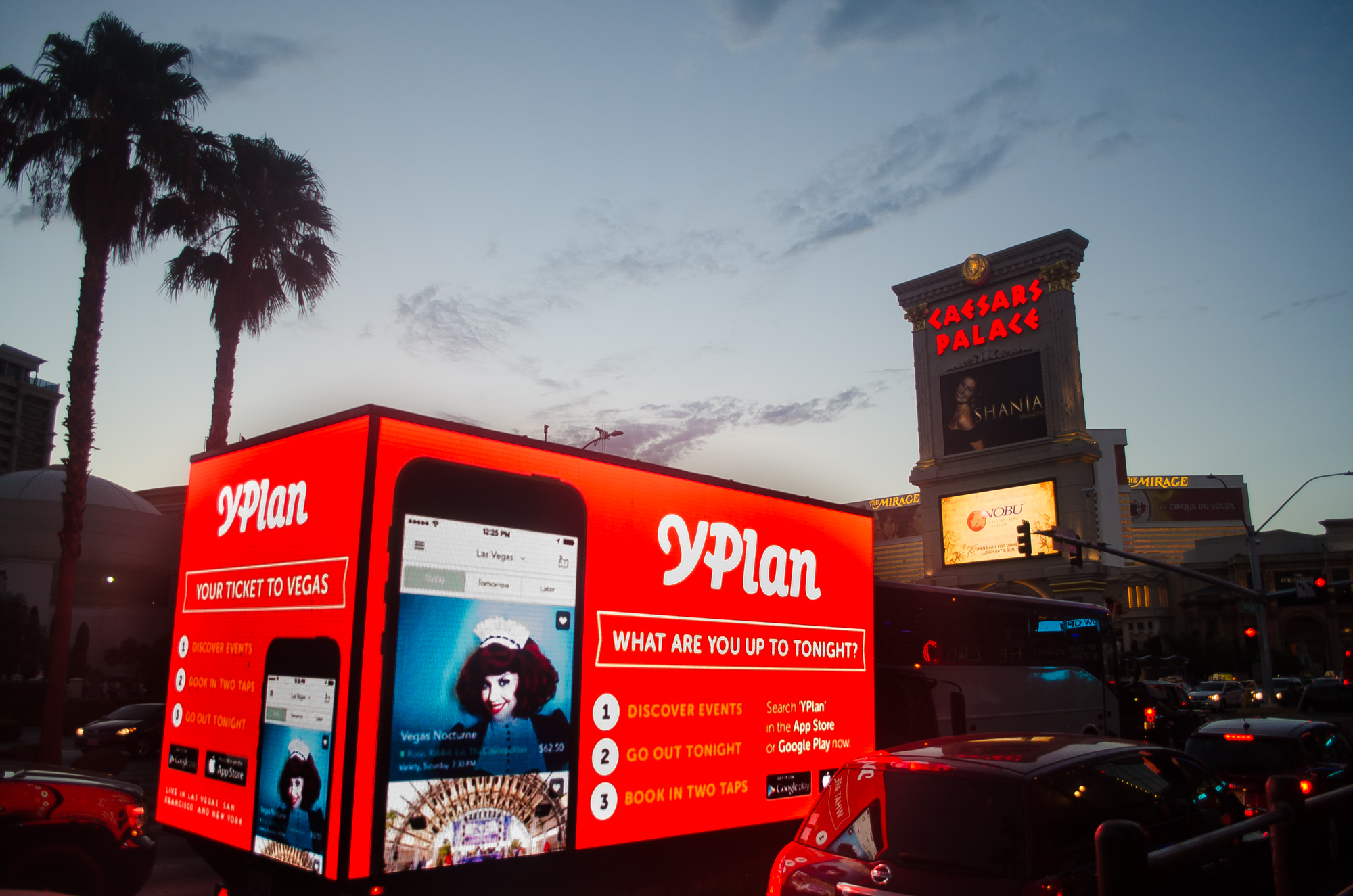(Photo from : Forbes.com)
In the UK, nearly 600,000 business were opened, amounting to roughly one every minute. To keep track of all of them is impossible, and even to pick out the best ones is more difficult. Over 90% will die. The ones that do remain are the ones that don’t just make up our Snapchat, Facebook or Twitter. Below we look at three start-ups in a bit more depth that have been successful so far, defying the odds of their industries.
YPlan
Although students normally know what they will do every evening, having bought tickets to the local club early to get discounts, many other people will not know what to do on any given evening. This is where YPlan comes in. The idea is that you are presented with special picked events on that day. The most that you can book in advance is 48 hours. A last minute going out app, hence “Why Plan” – YPLan.
Their business model relies on the spaces that would normally not be filled. Cinemas are normally only filled 32%. That is a lot of unused capacity. This is why the app has been successful at fundraising and gaining users. The company states that they are installed on a quarter of all iPhones in London. It connects event organizers and consumers in a way that would not normally happen, taking a cut in the middle. The event becomes full and the consumer gets to do something he would not have planned on doing. The site likes to say that more than 90% of customers did not have any intention to book the event they are attending.
Brilliant idea, hopefully coming to Leeds at some point. It is currently only in London and with limited success in Bristol and Dublin. The company also just started in New York and hopes to roll out across Europe and America over the next years.
Light.co
For most ‘hobby photographers’ it is not about capturing some design essence, or following the rule of thirds. What it is about is trying to capture the moment as it looks in front of them, quickly and more importantly, that it looks real. Now imagine a combination of a DSLR and a phone camera; simple as a phone camera and the quality of a DSLR. That is the Light L16 Camera.
Without going too much into depth on how it works, in essence it takes several pictures from its multiple lenses and then computationally stitching them together into one DSLR quality picture. But that is not its party piece, due to the lenses being grouped into different focal lengths (from 28mm to 150mm) you can retroactively change the focus for example. Or reduce noise. Or reduce the focal plane.
Now it is quite pricey at $1699 and is sold out until 2017. The company does state that it is like having a DSLR plus three different lenses in one body, which would make it a bit cheaper, because for you that don’t know cameras; lenses can and often are more expensive than the body. Therefore, it is probably not in most students budget, but it is a very smart piece of technology. It sort of embodies the idea of start-up. Changing the status quo by showing an alternative that is simpler and cheaper.
Magic Leap
Everyone knows Virtual Reality, and everyone knows Augmented Reality. But what Magic Leap has created goes beyond what has been achieved so far. Normally, Augmented Reality has the problem of an optical mismatch, but over long use the subconscious misalignment contributes to discomfort and take you out of the illusion. Magic Leap’s solution is an optical system that creates the illusion of depth in such a way that your eyes focus far for far things, and near for near, and will converge or diverge at the correct distances. This is why the company has raised over $800 million in fundraising and has just applied for a patent with the US Patent office and brings it a step closer to becoming a viable product.
However, so far the product has not been revealed to the public. All that exists about the product is either reviews by very select journalist, or promotional video which seem too good to be true. The journalists say that it is truly amazing, which coupled to the fundraising should be a sign of confidence. While the Microsoft HoloLens for example has a very limited field of vision, the system that Magic Leap has created has the advantage of being full vision or so reported by the journalists. No pricing or any of the specifications have been released and so we will have to wait and see till the release date, before making a judgement.
By Tim Knickmann

